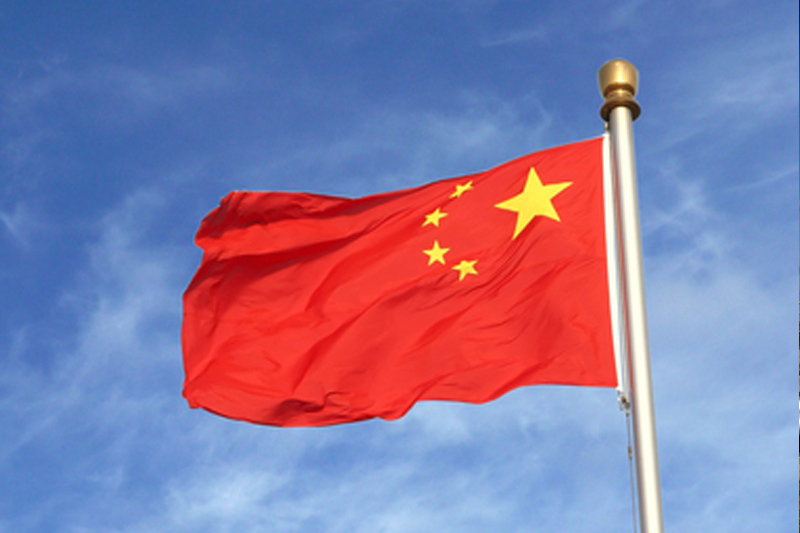By Nat Rudarakanchana - When the World Trade Organization recently ruled that China must again start exporting rare earth elements key to manufacturing high tech and defense products, traders and the markets that need the materials rejoiced. Less happy are the Chinese who claim complying will hurt the environment.
China produces more than 90 percent of the world’s supply of strategically important metals, according to the New York Times. Such metals, alongside trace amounts of rare earth minerals, are used in smartphones, wind turbines and industrial catalysts, among other items.

But they cost the world in environmental terms. Toxic tailings can take over ponds and soil can be rendered unfit for farming by concentrated acids used to leach ores. Each pound of rare earth mined results in outputs of hundreds or thousands of pounds of waste.
Chinese leaders in Beijing have said that export quotas for rare earth minerals are needed because they help limit damage to the environment. They cut export quotas by 40 percent in 2010, spurring prices upwards and angering foreign buyers.
The WTO ruled Wednesday that Chinese pretenses about environmental protection obscured the real point of export quotas, taxes and bureaucratic rules and boosted China’s domestic industry. The U.S. and Europe have complained about Chinese trade tactics broadly for years, targeting everything from cheap solar panels sent to the EU to steel imports flooding the United States.
The WTO complaint was filed by the U.S. in 2012 and was joined by several countries, including Russia, the EU and Japan.
It’s also the production of rare earths rather than their export that pollutes the environment, say experts arguing against China’s policies.
“The export of the products at issue is completely unrelated to environmental pollution,” wrote Professor Gene Grossman on behalf of the U.S. government. “It is the production of these products, not their export, that causes pollution.”
It’s unclear whether reduced Chinese exports cut mine production domestically, as China itself also consumes rare earths. Global demand for rare earth elements could exceed 200,000 tons annually in 2014, pushing the minerals into a supply deficit of 75,000 tons, the U.S. Environmental Protection Agency (EPA) found in 2012.
Water can be contaminated with heavy metals and radionuclides thanks to rare earth processing according to the EPA. Mining damages surface water and ground water most significantly, from an environmental perspective, they found.
China Premier Li Keqiang declared an ambitious “war on pollution” earlier in March at an annual parliamentary meeting. That’s expected to impact industrial metals and mining, among other sectors.
China has argued that risks to human and animal health led to the shutdown of rare earth mining outside of China. U.S. Congressmen have explored re-establishing the domestic rare earth recycling, in legislation introduced in 2010 and 2011, partly to trim slim dependence on imports. Companies have started to look for rare earth sources in Australia and the U.S., according to the New York Times.
One public company announced the extraction of some rare earths in Montana in early January. Texas-based U.S. Rare Earths Inc. has made no revenues from rare earths yet, with a net loss of over $44 million in expenses in 2011 and 2012.
